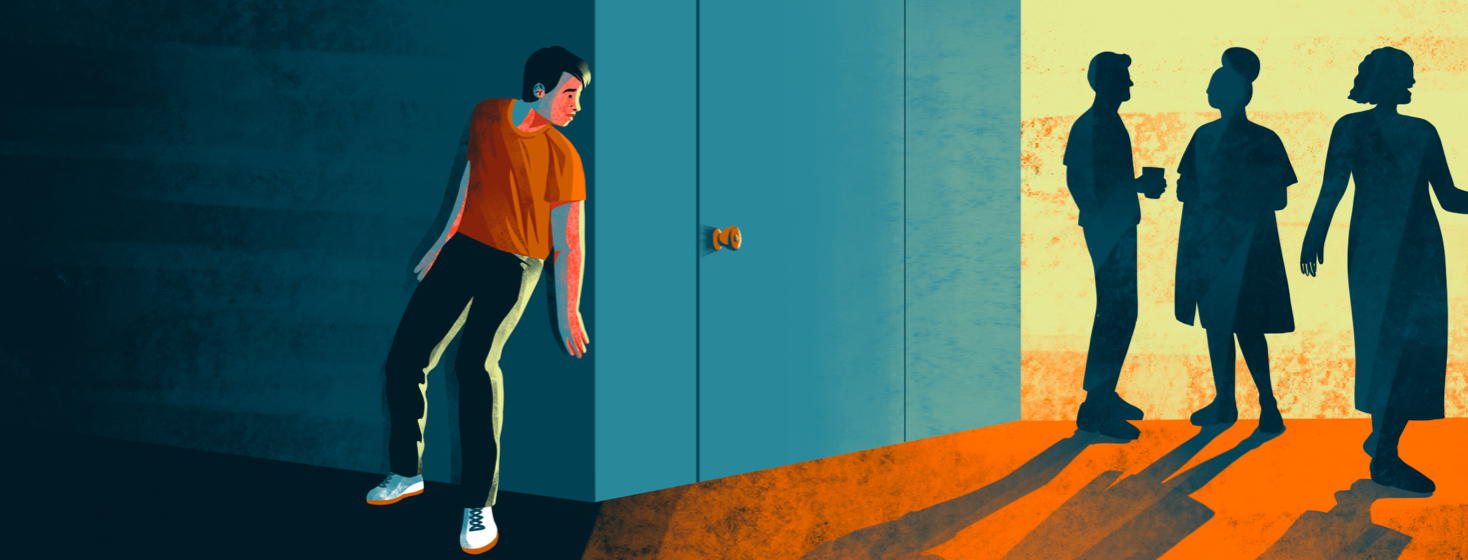My Biggest Fear With Eczema: Bright Lighting
Eczema and other skin and health conditions have been companions of mine for as long as I can remember. My life was filled with many ups and downs, as life tends to be for us all, but especially when it comes to atopic dermatitis and topical steroid withdrawal.
Why do I have a fear of bright lighting?
Growing up, I never thought much about bright lighting. I mean, why would I? I didn’t particularly enjoy bright fluorescent lighting in schools and hospitals, but that was pretty much the extent of it. However, after going through topical steroid withdrawal for years and dealing with the immense trauma that comes with it, that started to somehow change. Over time, bright lighting – of ANY kind – became a huge fear of mine. To this day, it is one I am still battling and learning to face.
Watching my body and skin completely inflamed from head to toe, with red, itchy, flaky rashes, and often even ones that looked like severe burns, before starting TSW as well as during, is one of the most traumatic things I have personally experienced in my life. That’s saying a lot in my case, as I grew up in a literal war zone and moved to a whole new country as a refugee at just ten years old.
How did I react to bright lighting?
After a while of looking at my skin change so much, and shedding so many layers of it over and over through the process of topical steroid withdrawal and when my eczema has been at its worst, I started to experience a very severe fear of being in any kind of bright lighting. This includes both natural sunlight, as well as artificial lighting inside.
During the worst years of TSW, I remember just wanting to be in the dark and covered at all times. When my mom would try to open the blinds and let some light in, I would get upset. It meant having to see my skin the way it really looked. Like most people growing up with eczema, I typically wore long sleeves and pants all the time to hide my rashes as best as I could, but this was a whole new level of insecurity and fear.
Going outside when it was sunny out, and going to well lit public places became extremely hard. In fact, it became impossible for me, and I was prone to isolating more. I felt completely raw, vulnerable, and exposed – like I had no skin at all. I was convinced everyone could see I was “broken” with just one glance.
Featured Forum
View all responsesHow does a visible disease impact us?
When I started extensive therapy and trauma healing again when my body could handle it, I had to start to deal with this as well, and still am to this day. We often underestimate the impact eczema, TSW, and other skin conditions have on our psyche and emotional well being, but to me that has been one of the toughest hurdles. As much as I can understand how incredibly difficult going through chronic illness which is invisible is, there is also something to be said for the impact of such a visible one. It often leaves us feeling very alienated and lowers our self esteem drastically. It makes us feel unworthy and unlovable.
Where am I now?
While the inner healing can be even more challenging than the physical healing for me, slowly but surely, I have been working on it. Just like everyone else, I’m a work in progress. Nowadays, I don’t struggle nearly as much with going outside, or quite as much with bright lighting. However, I’m still in the process of working on exposure therapy with looking at myself in the mirror with the bright light on (such as in the restroom, for example). This has been an extremely difficult and slow process of healing, but most things worth pursuing tend to be.
While I can’t say I’m where I want to be yet, I’m definitely not where I used to be, either. It’s incredibly important to remind ourselves of that, and to give ourselves patience, acceptance, and love, even on the harder days – ESPECIALLY on the harder days.

Join the conversation